Is a mastermind your ticket to teleporting your business into the future? Or is it just a ridiculously expensive networking opportunity?
I asked my no-nonsense friend and expert Jay Fiset to give us both sides of the coin on masterminding…

In January, Maya found herself standing in front of a room of 17 business owners and internet marketers, asking for advice on how to scale her brand new online course. The advice they gave her in the next 15 minutes added $18,000 to her bottom line over the next six weeks.
Maya had just gotten a taste of what it’s like to be part of a mastermind.
Unfortunately, here’s what happened next …
Maya decided she was so blown away by the results of that first only-too-brief masterminding session that she accepted a business coach’s invitation to join his mastermind group. For a monthly investment of $1000 on a 12-month contract, they were to meet 4 times a year (once each quarter) and she would have to pay for her flights and hotel in addition to the monthly fees.
The first meeting with this group did not go well.
“I was expecting rocket fuel. Instead, I got a cup of watered-down Kool Aid,” says Maya. “The group was very poorly curated, so despite the fact that everyone genuinely wanted to support each other, we just didn’t even understand each others’ businesses.”
She ended up cancelling her membership and leaving the group, but not before she had sunk more than $4,500 into the process.
Maya’s story is all too common and it has given masterminds a bad name.
So which is it? Is a mastermind a brilliant way to harness the power of group-think to accelerate business growth or is it just an overpriced networking opportunity?
To answer the question, it becomes important, first and foremost, to understand what a mastermind actually is!
What exactly IS a mastermind?
If we refer to Napoleon Hill and Andrew Carnegie, the godfathers of the mastermind concept, the definition from their lips to our ears is this: “A small group of people that meet to grow, learn, evolve and support one another.”
A mastermind is when there is reasonably equal contribution of wisdom, experience, networks and resources by all involved for the benefit and support of the person who happens to have the focus at that point in time.
It can be any topic, any meeting length, and virtually any format. And here’s where it gets interesting: both Hill and Carnegie considered masterminding to be a spiritual practice.
As Hill is supposed to have said, “No two minds ever come together without thereby creating a third invisible, intangible force which may be likened to a third mind.”
Which is why masterminding done right can literally bend time for a business and create the kind of powerful acceleration that Maya experienced the first time round.
There is no “guru” in a mastermind.
A mastermind is NOT small-group coaching or a premium-priced course where one person is the source of all information and content. In other words, no “gurus” hold forth.
In my experience, having been a member of various masterminds for the past 25 years and having run a fair number of them myself, the most successful model is when members pay dues to be a part of the group and there’s a leader or facilitator that curates the group as well as the overall experience.
I want to clarify the distinction between a leader and a “guru.” The leader — usually the person who collects the mastermind fees–gets to be the gatekeeper when it comes to forming the group. This ensures that people don’t end up in a situation where there’s not enough common ground or there’s a huge discrepancy with the level of experience and success people bring to the table.
The mastermind leader’s job is also to make sure the group runs smoothly. A mastermind is a very intimate process; high performing folks are required to lay their souls bare and ask for help. This often leads to a certain emotional rawness and volatility and it falls upon the leader to address any conflicts that arise. And of course, when overly chatty Uncle Bob goes over his allotted time, it’s the leader who bangs the gavel and moves things along.
In today’s world, masterminds can be in-person or completely virtual. The format is less important than the quality of the group, the synergy created and people’s commitment to each other.
Bending time in business …
When done right, a mastermind becomes a safe space where you can share your wildest dreams, most audacious goals and paralyzing fears. You can talk cashflow and name real numbers. And you can rely on that “third mind” that’s created in a room full of smart people who are genuinely there to serve and support each other.
Anyone who’s been in a good mastermind will tell you it’s the closest thing to teleporting yourself into a more exciting future. Part of this is the tactical assistance you receive from the group, the access to a high-level network, and the pooled resources.
But part of it — perhaps even the most powerful part — is just hard to explain in cold, hard business terms. It’s how you feel in a room of people smarter than you who are all jazzed about your idea. It’s about learning to think way bigger than you could have all on your own. It’s about peering into the core of someone else’s business and realizing that there are others out there who are exactly the same flavour of crazy as you and who are not just making it work, but are making millions at it.
And when you are in a room full of people like this, there is a feeling of coming home that is like no other on the long, often lonely road that is entrepreneurship.
* If you want to rock your own mastermind, download Jay’s FREE Turn-Key Template With EVERYTHING You Need To Run Profitable Masterminds here.
